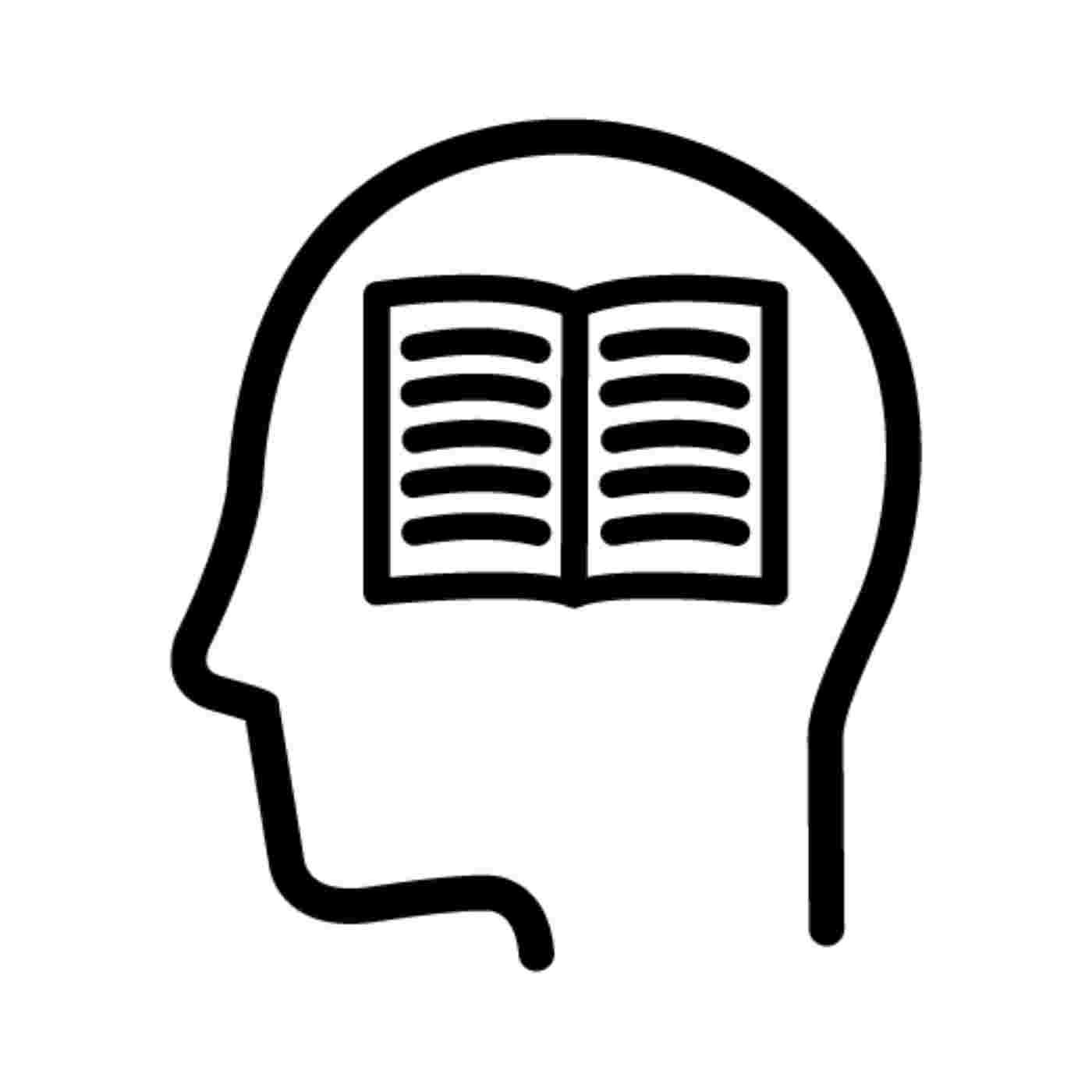
What changes for us, as writers, as creators, as thinkers – as humans – when there are more AI bots in the world than people?
Telling stories about our lives and the world around us is one of the most intimate and powerful practices that we, as humans, have. And even though artificial intelligence has existed in some form for decades, only with the emergence of chatbots has AI become a storytelling machine.
So what does AI mean for human literacy? What changes when algorithmic intelligence tells stories about ourselves and our world? Should we let it? And really, who is telling the story–and why?
Join Dr. Jeremy Roschelle, the lead learning scientist at Digital Promise, and Betsy Corcoran, a journalist and founder of EdSurge, as they explore with writers, researchers, teachers and even policy makers the potential – both positive and negative – for AI, for literacy, and for us.
Please join the conversation here on our LinkedIn page.
Hosted on Acast. See acast.com/privacy for more information.
What changes for us, as writers, as creators, as thinkers – as humans – when there are more AI bots in the world than people?
Telling stories about our lives and the world around us is one of the most intimate and powerful practices that we, as humans, have. And even though artificial intelligence has existed in some form for decades, only with the emergence of chatbots has AI become a storytelling machine.
So what does AI mean for human literacy? What changes when algorithmic intelligence tells stories about ourselves and our world? Should we let it? And really, who is telling the story–and why?
Join Dr. Jeremy Roschelle, the lead learning scientist at Digital Promise, and Betsy Corcoran, a journalist and founder of EdSurge, as they explore with writers, researchers, teachers and even policy makers the potential – both positive and negative – for AI, for literacy, and for us.
Please join the conversation here on our LinkedIn page.
Hosted on Acast. See acast.com/privacy for more information.

Hosted on Acast. See acast.com/privacy for more information.